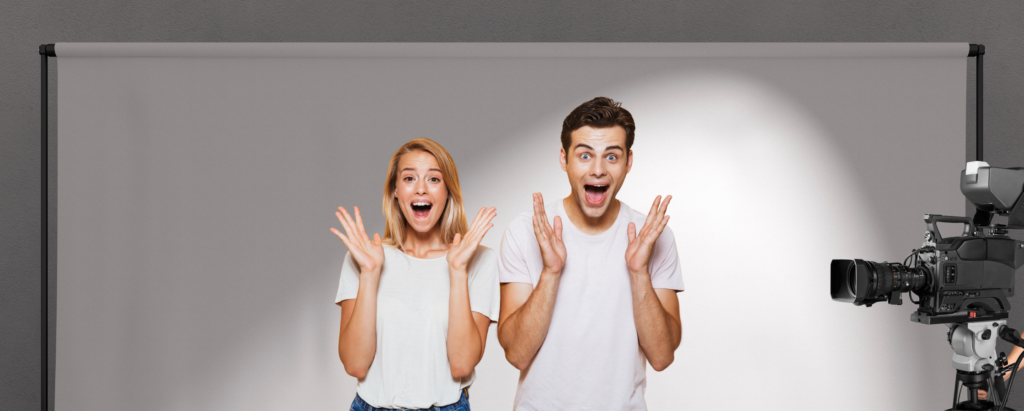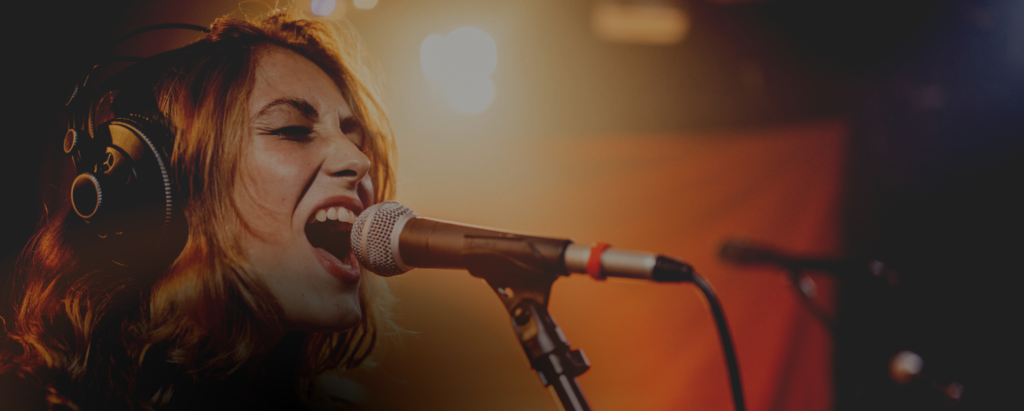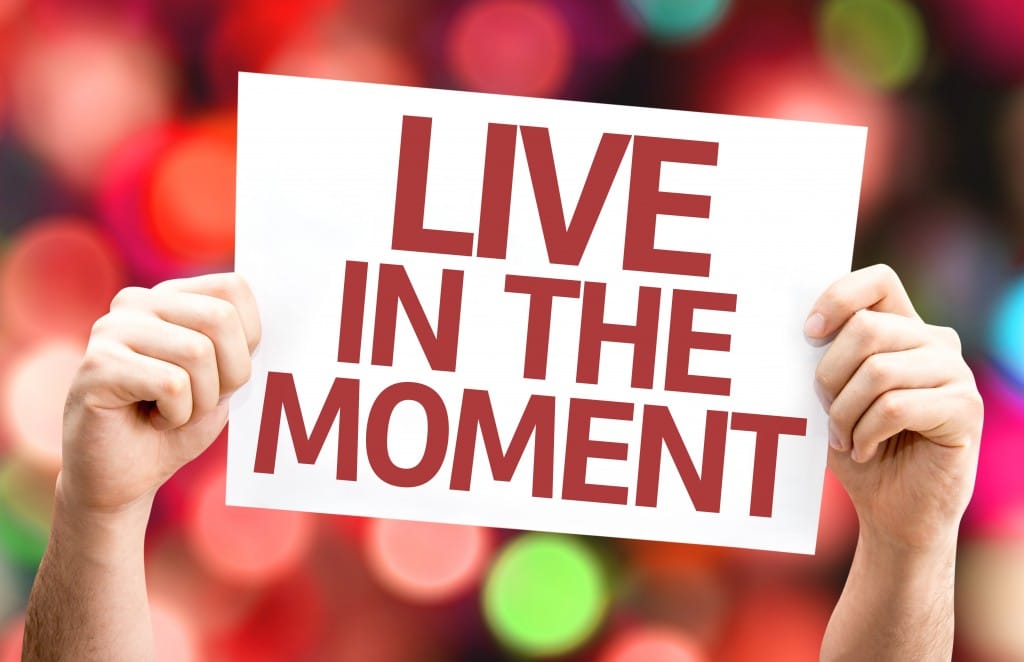Mastering On-Camera Acting Techniques Like a Pro!

How is Acting on Camera Different Than Stage Acting?
Note the faces of the people in the shot above?! Big facial expressions are how Theatre Actors are trained, especially musical theatre actors. However, that can you really affect how natural you are on camera. To a stage actor, when you act on camera, you almost feel like you are not “acting.”
The question is, then, how do you tone it down?
As an actor, who has especially come from mostly the stage acting scene, being in front of the camera can be a daunting experience! After all, someone sticks a camera in front of you and you think, “Oh, no…” but it doesn’t have to be when you have an opportunity to practice a few techniques in an acting class like we are offering in Orlando. With the right techniques, you can deliver a captivating performance that resonates with your audience. Here are five camera acting techniques to help you excel in front of the lens.
Understand the shot.
Before you start filming, it’s important to understand the shot you are working with. Ask yourself, “What is the camera seeing?” Is it a close-up, medium shot, or a wide shot? Knowing this will help you adjust your performance and make sure it fits within the framing of the shot. It’s also important to know where the camera is, so you know where to look when delivering your lines.

Use your eyes.
On camera, your eyes are one of the most powerful tools you have as an actor. Use them to convey emotion and connect with the audience. In close-up shots, the audience can see the subtle changes in your eyes, so make sure you are using them to your advantage. Practice looking directly into the camera or focusing on a specific point, like an acting partner, just off-camera to create a more intense and intimate performance.
Control your body language.
When acting for the camera, your movements should be subtle and controlled. Avoid exaggerated gestures or movements that may appear fake or distract from the scene. Remember that the camera picks up everything, so even the slightest movement can be magnified. Instead, focus on conveying emotions through small changes in facial expressions and body language.
Speak naturally.
When delivering lines on camera, it’s important to speak naturally. Avoid overacting or speaking in a way that feels artificial. Remember to breathe and take pauses in the appropriate places, just as you would in a conversation. This will help you deliver a more natural and authentic performance.
Be present in the truth of the scene.
One of the most important things to remember when acting for the camera is to be present in the truth of the scene. Live in the truth of what’s happening in the scene. Listen with your eyes. Have an interior monologue running in your head in response to other actors, so that emotion shows up in your face. Focus on the scene and the emotions you are trying to convey, rather than worrying about the technical aspects of filming. Be open to direction from the director and other members of the crew, and allow yourself to fully immerse yourself in the scene.
In our new On-Camera Acting Class in Orlando (Winter Garden), starting April 12, you will learn that acting for the camera requires a different set of skills than traditional stage acting. By understanding the shot, using your eyes, controlling your body language, speaking naturally, and being present in the moment, you can deliver a captivating performance that resonates with your audience. With practice, you’ll become more confident in front of the camera and develop your own unique camera acting techniques.
Register for the class here!
Register for the class here!







Responses